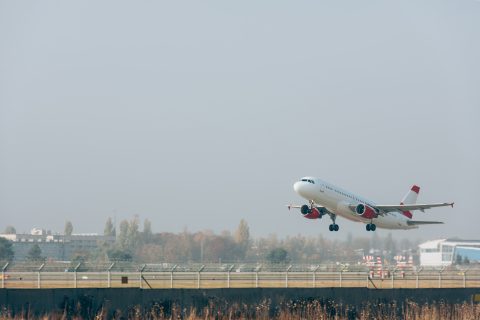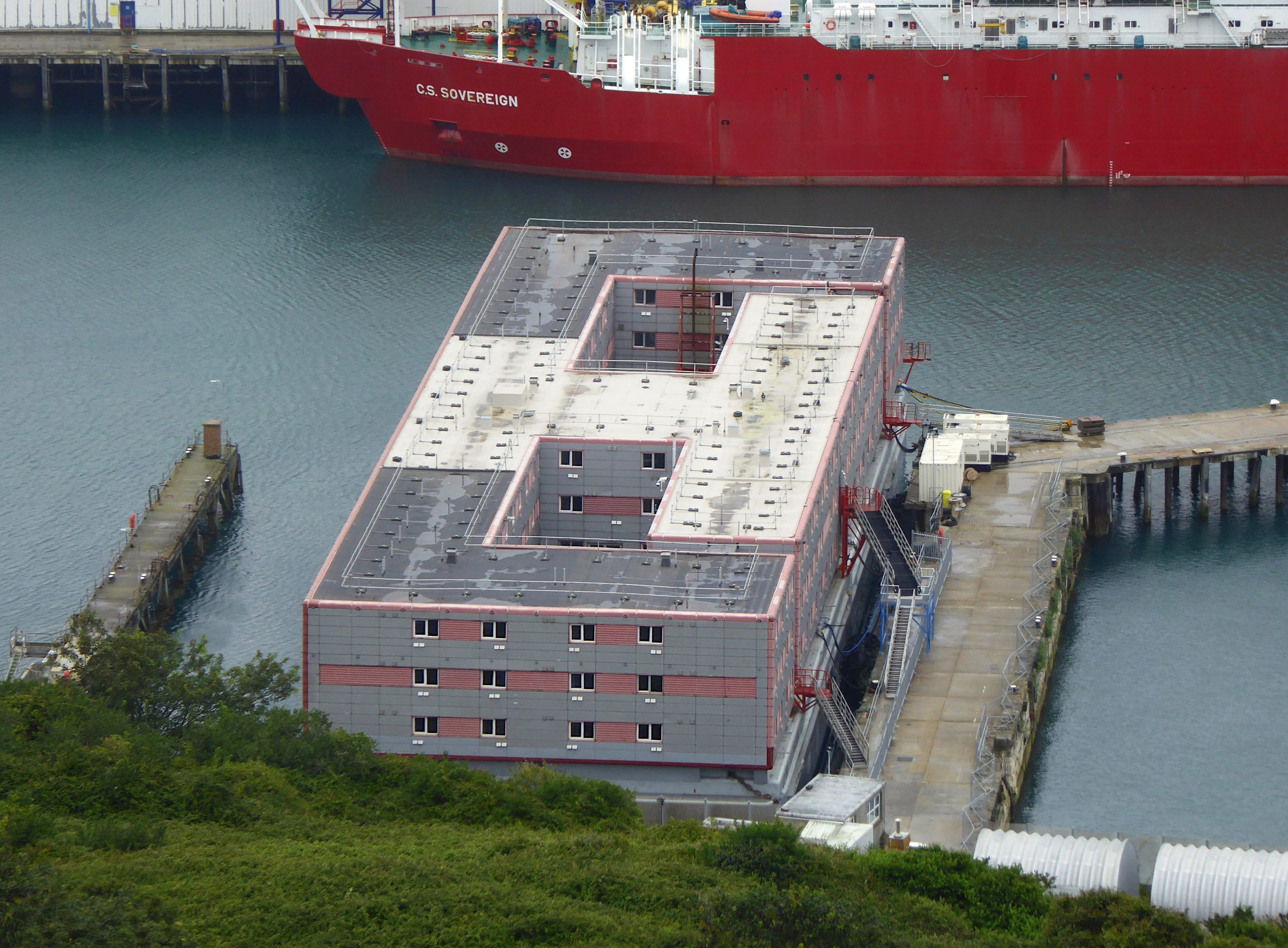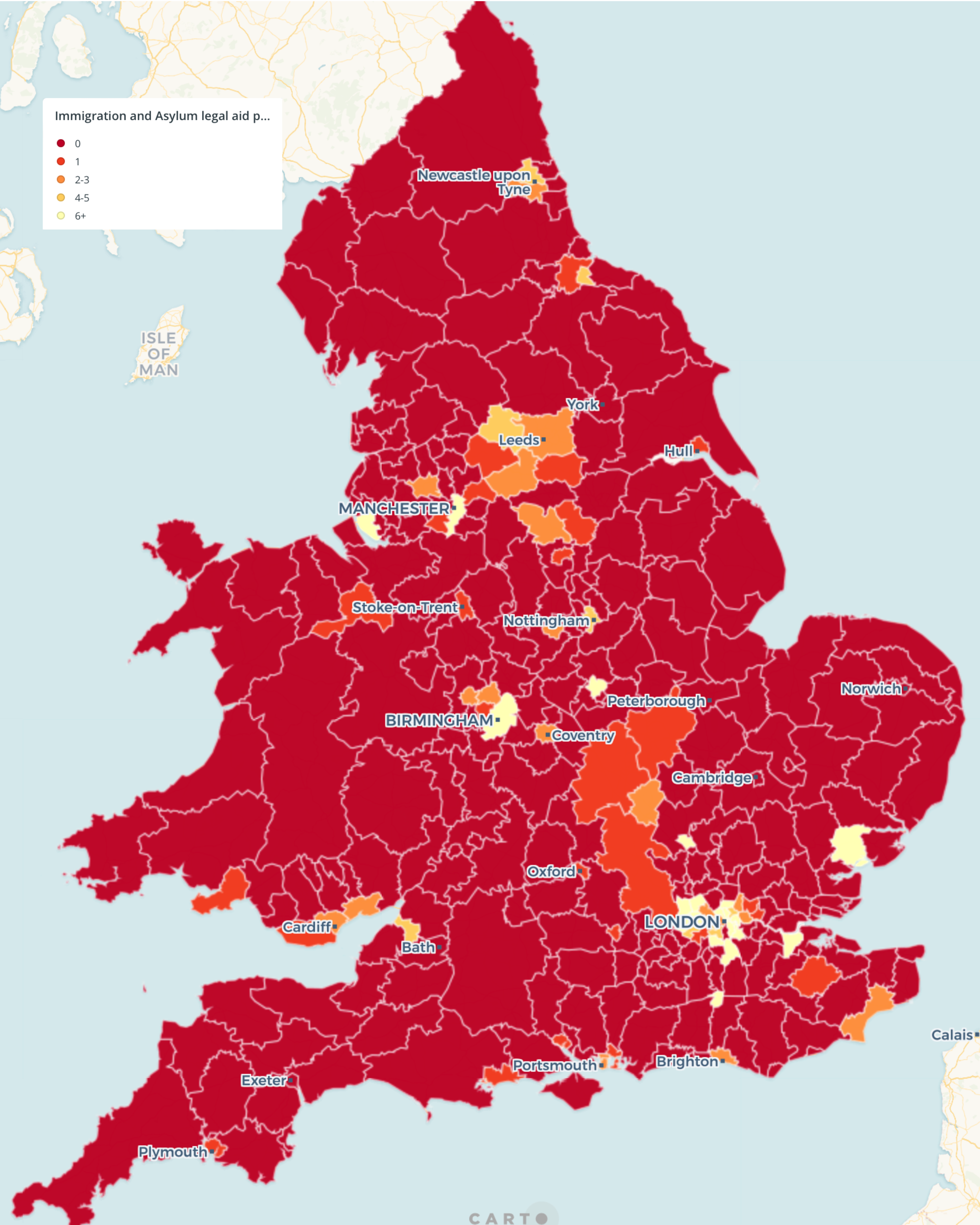Inadmissibility cases: a lengthy legal limbo
Written by: Beth Webb-Strong

The Safety of Rwanda (Asylum and Immigration) Act 2024 received royal assent on 25 April 2024, marking a dark moment in British legal history. This Act contradicts the Supreme Court’s judgment in the case of AAA, HTN, RM, AS, SAA, ASM v the SSHD [2023] EWCA Civ 745, asserting Rwanda as a safe country and allowing for the deportation of asylum seekers to have their claims processed there. The resulting uncertainty among individuals, who fear being detained and deported to Rwanda, along with existing rumours of who might be a risk, underscores the urgent need for clarity amidst legal upset.
Who is at risk?
At this moment, individuals at risk of detention and potential removal to Rwanda are those who have received a decision under the inadmissibility rules, have received a removal decision, or have received removal directions specifically mentioning Rwanda. In addition, Home Office guidance states that asylum seekers who claimed asylum on or after 01 January 2022, who do not have families with children under the age of 18 and whose journey to the UK could be described as ‘dangerous’ may be eligible for removal to Rwanda.
Inadmissibility and Home Office policy
Many asylum seekers remain in the backlog of inadmissibility cases, waiting for extended periods of time in the Home Office’s Third Country Process for a decision on whether their asylum claim will be admitted for consideration in the UK.
In general, asylum claims may be declared to be inadmissible where an individual is considered to have or has had a connection to a safe third country. Home Office guidance stipulates that asylum claims can only be held to be inadmissible where there is a reasonable prospect of removal within a reasonable period to a safe third country.
In most cases, agreement with a safe country to admit an asylum seeker’s claim for protection should be obtained within six months of the registration of the asylum claim. The guidance further stipulates that where removal cannot be affected within a reasonable time scale, an asylum claim must be admitted for consideration in the UK. However, tens of thousands of asylum seekers remain in the Third Country Process for significant periods of time, far longer than six months. These asylum seekers remain stuck in a legal ‘limbo’ position where they are unable to advance their asylum claim in the UK or to seek protection in a different country.
The Home Office appears to have avoided making decisions on the admissibility of asylum claims until the passing of the Safety of Rwanda Act, as confirmed by an announcement on 14 February 2024, that the Home Office would ‘maintain a general pause in the making of inadmissibility decisions’. This pause clearly runs contrary to the Home Office policy to avoid the creation of a lengthy legal ‘limbo’ position for asylum seekers, resulting in significant, prolonged insecurity and uncertainty for many asylum seekers in the UK. The Safety of Rwanda Act now enables the Home Office to affect the removal of many asylum seekers to Rwanda.
On 28 April 2024, reports swept across the UK of the detention of asylum seekers in the Home Office’s most recent move to affect removals from the UK following the passing of the Safety of Rwanda Act. This Home Office operation is causing widespread fear amongst asylum seekers, who are at the mercy of the latest government move to recklessly enforce the Rwanda plan. This operation appears to have been a rash plan in the face of local elections; a final bid by the Conservative government to secure votes from those who support Rishi Sunak’s ‘stop the boats’ rhetoric.
Reports first stated that flights were planned to take place over the summer, however PM Rishi Sunak has stated that no flights will take place before the upcoming election on 4 July. It will remain unclear whether the plan can succeed after the election, should the Conservatives be re-elected, given the many legal challenges anticipated in response.
Final thoughts
Despite this rhetoric, the Rwanda plan will not deter individuals seeking protection in the UK. The Nationality and Borders Act, that came into force on 28 June 2022, introduced further tightened of UK borders. And yet, in 2022, over 80,000 asylum claims were registered in the UK, the highest annual number since 2002. It is indisputable that individuals will continue to flee persecution and to seek protection in the UK, regardless of futile policy and legislative attempts to deter their journeys.
The Conservative government’s persistent efforts to implement the Rwanda plan illustrate an attempt to offload the UK’s responsibilities under international law by expelling asylum seekers rather than establishing an effective and humane asylum system with safe routes for those seeking protection. It appears they have acknowledged the impracticality of the Rwanda plan, as they called a general election before the plan could be tested and inevitably fail.
If you are at risk of detention or deportation, we recommend that you seek legal advice.
Read more about asylum in the UK
-
Asylum in the UK
Written by: Caroline Echwald
Refugee Status and Humanitarian Protection Refugee Status and Humanitarian Protection are forms of international protection given to someone who is accepted as being at risk of harm in their country of origin. Both will be considered at the same time, ordinarily with Refugee Status being considered first (as it can afford an individual with more […]Read article -

The case for dignified asylum accommodation
Written by: Caroline Echwald
The Institute for Public Policy Research (IPPR) recently released a compelling report highlighting the urgent need for a shift in how asylum accommodation is managed in the UK. With annual costs for housing and supporting asylum seekers in the UK now at a staggering £41,000 per person, up from £17,000 in 2019/20, the current system is unsustainable. […]Read article -

Stranded in legal aid deserts: The crisis in UK asylum and immigration representation
Written by: Caroline Echwald
The term ‘legal aid desert’ refers to areas where there is a significant lack of legal aid services, leaving many individuals without access to the legal assistance they need. In the UK, this issue is particularly acute in asylum and immigration cases, where vulnerable individuals face substantial barriers to justice without adequate legal representation. This article explores […]Read article
